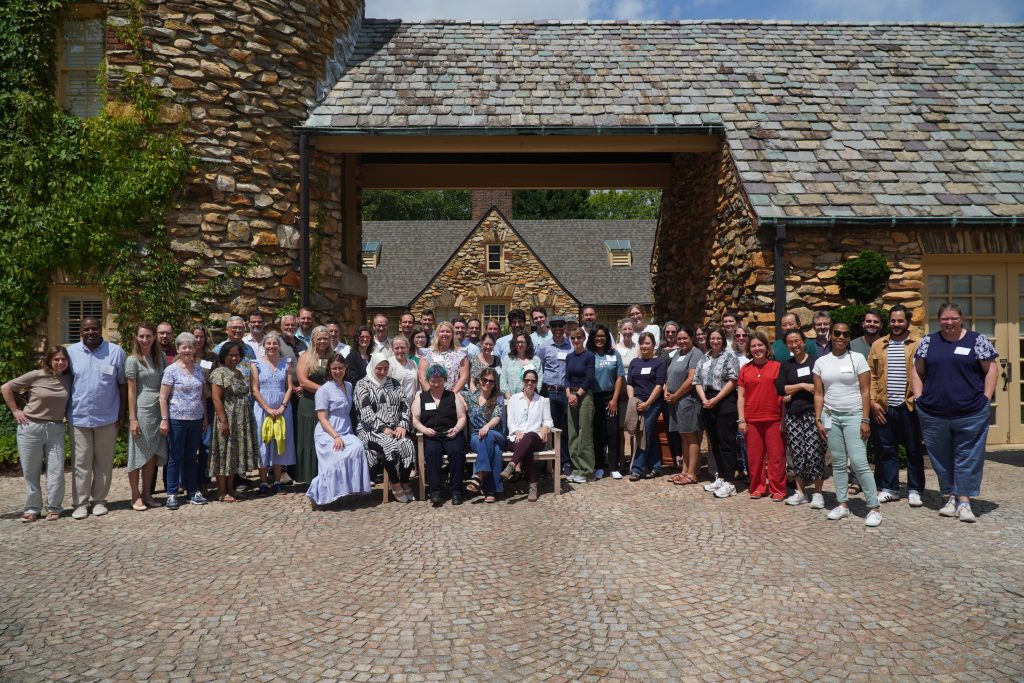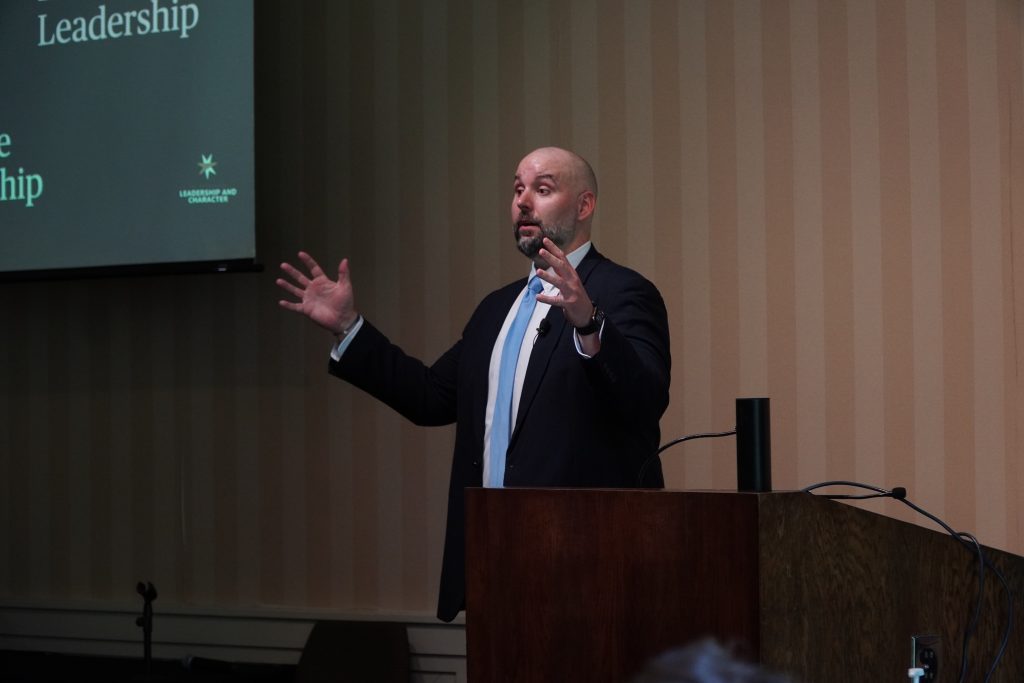Lessons from our 2025 Course Development and Redesign Workshop

In July, 52 faculty members from Wake Forest and beyond joined us for “Character Across the Curriculum,” a three-day course development and redesign workshop hosted by our Educating Character Initiative. The goal was to support educators who want to integrate leadership and character development into new and existing courses. “It gives faculty an opportunity to recognize the character development goals that are already implicit in their courses and then use backward design principles to make those explicit,” says Elizabeth Whiting, an ECI Scholar of Character who oversees the workshop.
The event began with a panel discussion entitled Truth, Beauty, and Goodness in the Disciplines & Professions. Lucy D’Agostino McGowan, William Cochran, and Randi Soloman of Wake Forest joined Stacye Blount of Fayetteville State University to discuss the good that their disciplines do in the world, the best work that’s being done in their fields, and the virtues that are essential in order for their disciplines to be practiced. Artificial intelligence came up quite a bit. “I’ve been trying to come up with ways to help students seek out curiosity,” McGowan, an associate professor of statistics at Wake Forest, said during the panel. “Typically for students, what that actually means in practice is that you have to look at the data in front of you and be curious about what ways your assumptions could be wrong. I think one of the places that I’m noticing AI impacting them the most is a lack of curiosity, and so that’s been a big mission of mine recently.”
Other sessions focused on virtue learning objectives, leadership, and assessment, along with Seven Strategies for Character Development. The Program’s Michael Lamb, Ben Rigney, led sessions, along with Betsy Barre, Assistant Provost & Executive Director of the Center for the Advancement of Teaching at Wake Forest. The event closed with stories from two educators–Laura Ong of King University and Claire Crawford of Wake Forest–who detailed the ways in which they integrated character into their own courses.

One faculty member remarked to Whiting that the workshop helped her course make more sense to her and her students. “Faculty are often glad to learn that they’re already doing character education and to be given tools to do character education more intentionally,” says Whiting. “Character is about helping people live lives of purpose. So it makes sense that when people are attending to character education, they’re tapping into students’ intrinsic motivations, along with their own.” Other faculty members found practical lessons in the sessions. “One of the most important virtues for me is hope,” says Paige Tan, a political science professor who was part of a Radford University team that received an ECI grant to help tackle “Wicked Problems” on their campus. “I want students to be hopeful that they can solve these problems. We’ve just spent days digging in on hope. I’m doing my own work on how I’m going to put that in a syllabus. What kind of activities am I going to design so that students can build that virtue? Hopefully that will lead to a really successful class experience when I get home.”
